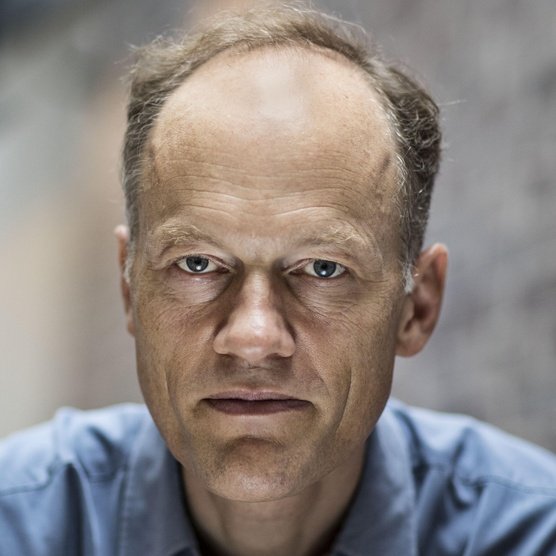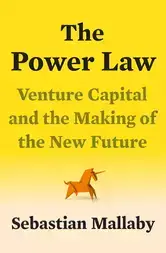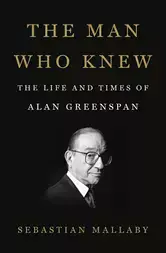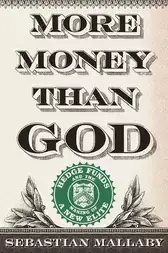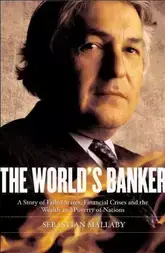- Experts
- Securing Ukraine
-
Topics
FeaturedIntroduction Over the last several decades, governments have collectively pledged to slow global warming. But despite intensified diplomacy, the world is already facing the consequences of climate…
-
Regions
FeaturedIntroduction Throughout its decades of independence, Myanmar has struggled with military rule, civil war, poor governance, and widespread poverty. A military coup in February 2021 dashed hopes for…
Backgrounder by Lindsay Maizland January 31, 2022
-
Explainers
FeaturedDuring the 2020 presidential campaign, Joe Biden promised that his administration would make a “historic effort” to reduce long-running racial inequities in health. Tobacco use—the leading cause of p…
Interactive by Olivia Angelino, Thomas J. Bollyky, Elle Ruggiero and Isabella Turilli February 1, 2023 Global Health Program
-
Research & Analysis
FeaturedExecutive Summary In the decades following World War II, the United States was the undisputed leader of the global economic system. It had the strongest economy in the world and championed a set o…
Report by Matthew P. Goodman and Allison J. Smith March 25, 2025 RealEcon
-
Communities
Featured
Webinar with Carolyn Kissane and Irina A. Faskianos April 12, 2023
-
Events
FeaturedIn recent years, China, Russia, Iran, and North Korea have deepened their cooperation, raising concerns about an emerging “Axis of Autocracies” challenging U.S. global leadership. From military suppo…
Virtual Event with Christopher S. Chivvis, Heather Conley, Ivo H. Daalder, Jennifer E. Kavanagh, Tanvi Madan, Ebenezer Obadare, James M. Lindsay, Suzanne Nossel and Laura Trevelyan March 27, 2025
- Related Sites
- More
 Online Store
Online Store
